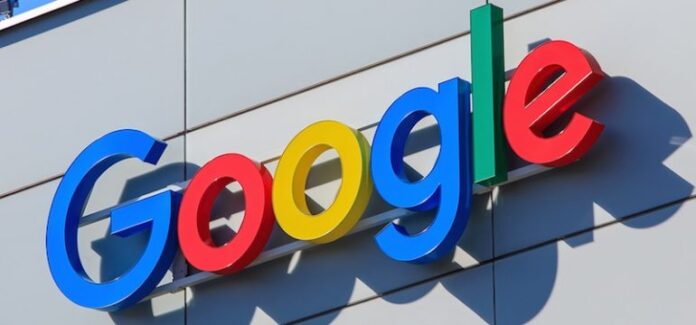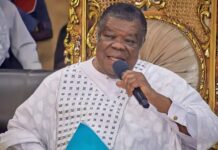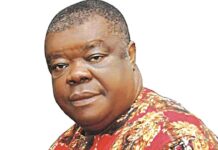By Stellamaris Ashinze
Google has reaffirmed its commitment to Africa with the announcement of four subsea cable connectivity hub, $9 million funding and free Artificial Intelligence (AI) tools for students.
The Managing Director, Google Africa, Alex Okosi, said in a statement that the new set of investments in Africa, reaffirmed its nearly two decade commitment to the continent’s digital transformation.
Okosi said that the latest commitments focused on empowering Africa’s next generation through AI, unlocking opportunities and expanding on the innovation capacity of young Africans.
He said that Google announced four strategic subsea cable connectivity hubs in the North, South, East and Western regions of Africa.
The managing director said that the investment would create new digital corridors within Africa, and between Africa and the rest of the world.
According to him, the investments will ultimately deepen international connectivity and resilience, as well as spur economic growth and opportunity.
“Africa’s digital economy holds immense potential, and it will be driven by the talent and ingenuity of its next generation.
“Today’s announcements, spanning AI education, advanced tools for students, and expanded connectivity, are a unified investment into the upward trajectory of the continent.
“We are committed to providing the foundational infrastructure, the cutting-edge tools, and the financial support necessary for Africa’s youth to innovate, lead and build a thriving digital world,’’ he said.
Okosi added that this was the latest addition to Google’s Africa Connect infrastructure programme.
He said that the programme would involve the company building vital connectivity across the continent, including the Google Cloud region in Johannesburg serving users across the continent.
He said that the Equiano cable running along the entire seaboard of the continent, and Umoja, the first fiber optic route to directly connect Africa with Australia running through Kenya.
The Google boss noted that the organisation’s investments to date had enabled 100 million Africans to access the internet for the first time.
According to him, the Equiano cable alone is expected to increase real GDP this year in Nigeria, South Africa and Namibia by an estimated $11.1 billion, $5.8 billion and $290 million, respectively.
Okosi said that enabling Africa’s young people to learn, innovate and lead was critical to Africa’s development and economic growth.
He stressed that this was why Google also announced free one year subscriptions to Google AI Pro plan for college students (18 years or older) across the continent.
According to him, this will start with Egypt, Ghana, Kenya, Morocco, Nigeria, South Africa, Rwanda and Zimbabwe.
The managing director said that the subscription provided advanced AI to students from Deep Research, which helped save time with custom research reports and in-depth information.
Okosi said that equipping people with AI skills was critical, adding that to date, Google had trained seven million Africans and plans to train an additional three million students, young people, and teachers by 2030.
He said that Google was also bolstering local capacity by providing African universities and research institutions with over $17m in funding, curriculum, training.
The managing director also said it had provided access to advanced AI models over the past four years with an additional $9 million planned for the coming year.
Okosi said that these announcements are the latest chapter in Google’s long term investment in the continent, which had delivered on $1 billion of investment.
He said that Google’s sustained commitment to Africa had included driving connectivity; training more than 7 million people across the continent in digital skills to support the future workforce.
He said that Google had also supported 153 startups from 17 African nations through its Google for Startups Accelerator Africa programmme, helping them raise $300 million and create 3,500 jobs.
Okosi added that AI created an unprecedented opportunity to benefit everyone, and Google was committed to making that a reality for people, businesses and communities across Africa.
“Today’s announcements are another example of how Google is continuing to expand connectivity, increase product access and skills across the continent and enable African-led innovation – with more to come,’’ Okori said.







